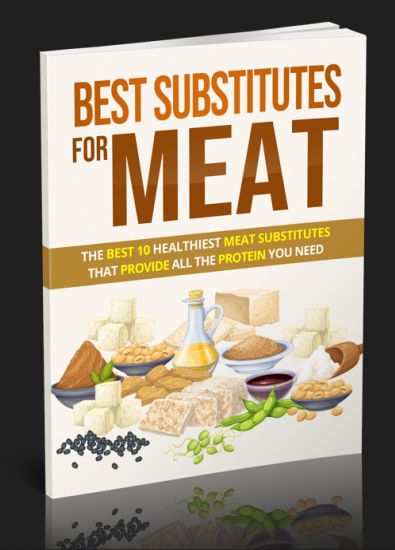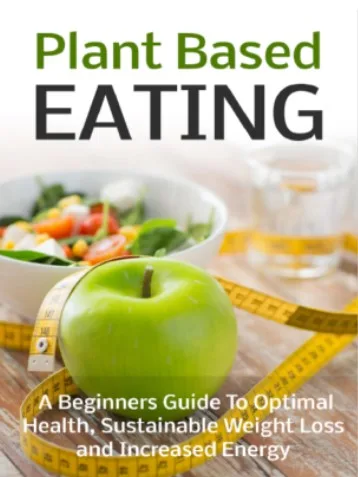Plant-Based Diet is natural and healthy-
Healthy eating is an essential part of maintaining a healthy life. You may be interested but you may not know where to start. This article is for all those who are interested in adopting a plant-based diet and those who want to improve their skills.
What is a plant-based diet ?
This diet emphasizes on eating whole, unprocessed foods consisting of fruits, vegetables, whole grains, legumes, nuts and seeds, with little or no animal products.
Plant-based eating is not veganism or vegetarianism, although it may contain elements of both. A plant-based diet gives you the flexibility to incorporate animal products occasionally but focuses on consuming whole plant-based foods as the foundation of your diet.
Benefits of Plant based eating
One of the key advantages of plant-based eating is the numerous health benefits associated with it. Studies have shown that a diet consisting of predominantly plant-based foods can help to prevent and even reverse chronic diseases such as heart disease, diabetes, high blood pressure and cancer. It can also promote healthy body weight, improve digestion, and reduce inflammation in the body, among other things.
Plant-based foods are rich in nutrients such as fiber, vitamins, minerals and antioxidants, which can help to keep the body healthy and functioning optimally.
Moreover, plant-based eating can help to promote a greater sense of compassion towards all living beings. Many people who adopt a plant-based diet do so out of a sense of moral obligation to reduce their impact on animal welfare, as well as the environment. In fact, it allows people to make more ethical choices about the food they eat.

Plant Based Diet for Beginners
Let’s look at some tips to help you get started.
- Eating more fruits and vegetables
Fruits and vegetables are the foundation of this diet. Try choosing a variety of colors that offer various essential nutrients such as vitamins, minerals, fiber, and antioxidants. You can start by adding an extra serving of fruits or vegetables to each meal.
- Incorporating whole grains
Whole grains are an essential part of a plant-based diet. Try incorporating whole grains instead of refined grains. Whole grains provide more nutrients and fiber that help improve gut health and reduce the risk of heart disease.
- Legumes
Legumes, such as peas, beans, chickpeas, and lentils, are another staple food in a plant-based diet. Legumes provide protein, fiber, and other essential nutrients. Try incorporating legumes in salads or soups, or as a side dish.
- Nuts and seeds
Nuts and seeds are a great source of healthy fats, protein, and essential nutrients. Incorporating them in your diet can offer several health benefits. Add them to your salads or snack on them throughout the day.
- Be open to trying new foods
Trying new foods can help make your plant-based diet more exciting. Try new recipes using different vegetables, fruits, or legumes that you haven’t tried before.
It’s essential to take it slowly when you start on a plant-based diet. Take small steps and incorporate changes gradually, and remember to listen to your body. Remember to consult a nutritionist or dietician before making any significant dietary changes.
By incorporating a variety of whole, unprocessed plant-based foods, you can improve your physical health and your overall wellbeing.

